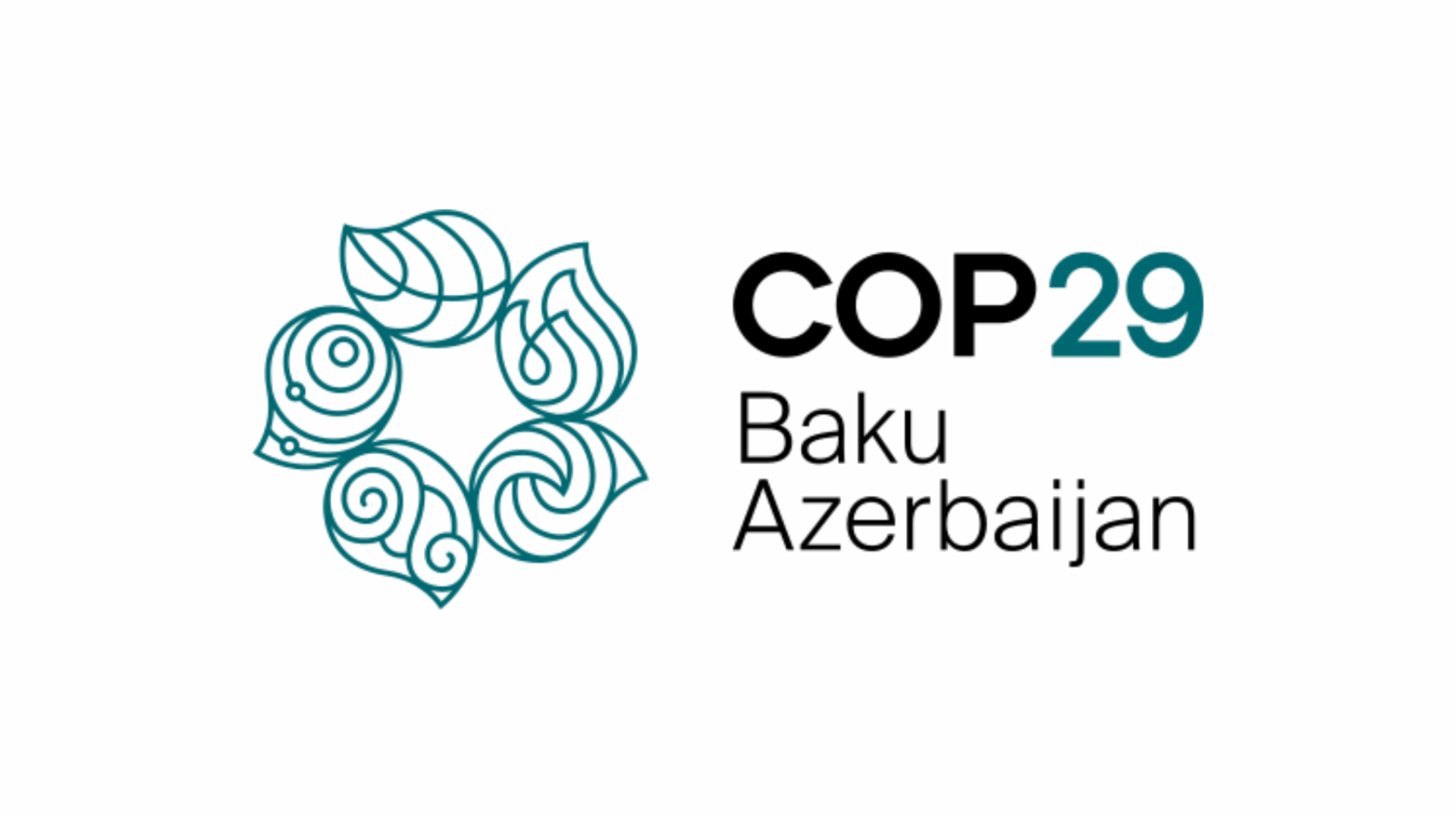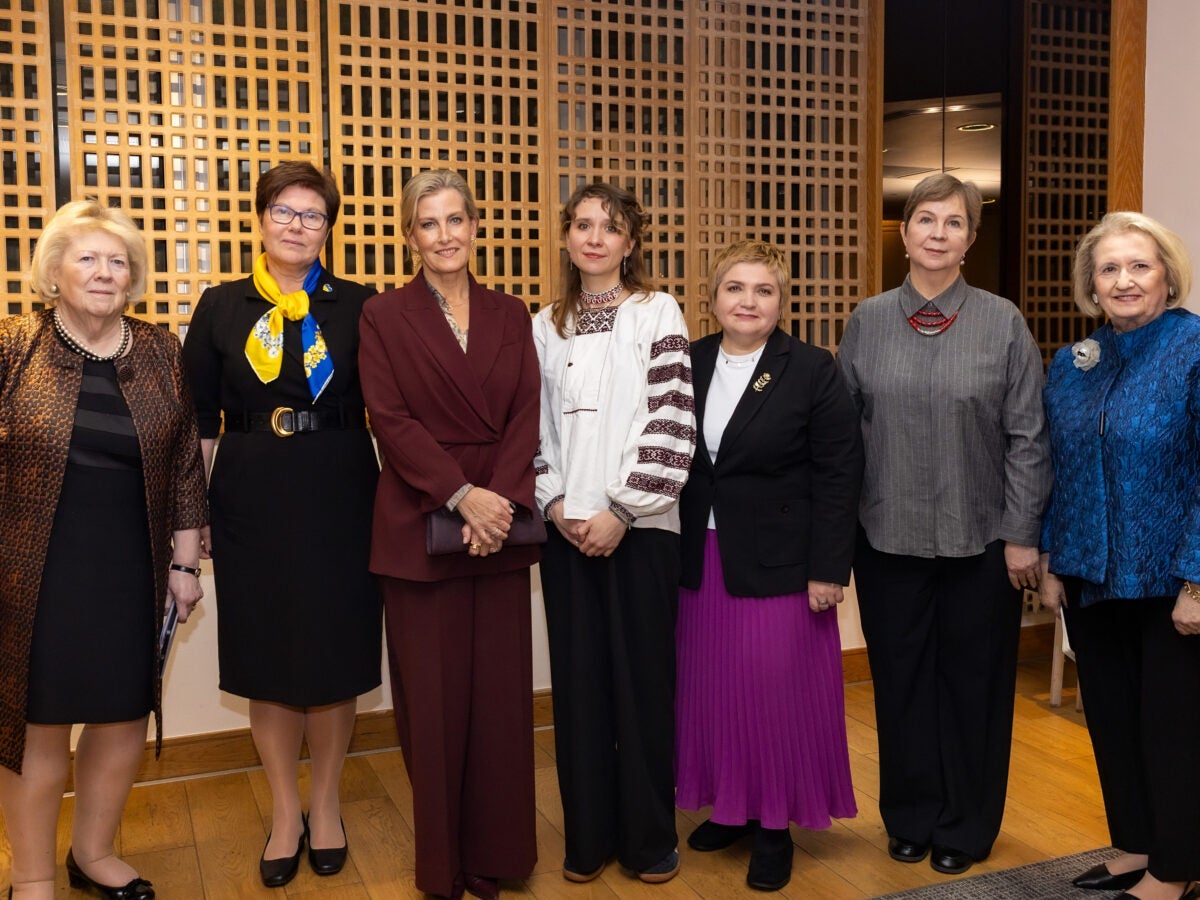COP29: Our Recommendations for Gender-Inclusive Climate Action

Ahead of the 25th Anniversary of the Women, Peace and Security (WPS) Agenda in 2025, it is more important than ever to prioritize gender on the COP29 agenda and set the stage for Parties to take more ambitious action toward gender-responsive climate action. Amidst record-shattering temperatures and millions of lives and livelihoods destroyed by climate-related conflict and crisis, women and girls are caught in the crosshairs and underrepresented in climate policy decision-making. The 28th Conference of the Parties (COP28) delivered some productive outcomes, including an agreement on the Loss and Damage Fund, the Gender-Responsive Just Transitions and Climate Action Partnership launch, and the conclusion of the first Global Stocktake, which reaffirmed the urgency needed to raise climate ambition to meet the goals of the Paris Agreement and transition away from fossil fuels.
There were also steps made to recognize links between climate action and the Women, Peace and Security (WPS) Agenda. For the first time in the history of the conference, COP28 featured Peace as a thematic convening day. The COP28 Declaration on Climate, Relief, Recovery and Peace recognized that many of the people and states affected by conflict and crisis are also on the frontlines of climate change and called for enhanced and integrated gender-responsive risk and vulnerability mapping. The Gender Equality thematic convening day was also a milestone in establishing the importance of centering gender discussions in forums like COP, but action was still lacking with no new finance commitments and just 63 out of 198 Parties endorsing the Gender-Responsive Just Transitions and Climate Action Partnership.
However, the rhetorical statements and commitments made still fall short of the ambitious action needed to reach the goals of the Paris Agreement and deliver meaningful results for women and communities facing the most serious impacts of climate disasters and insecurity. As we near 30 years of COPs, COP29 has an opportunity to turn rhetoric around gender-responsive climate considerations into pivotal action through resourcing and implementation. To this end, the Georgetown Institute for Women, Peace and Security (GIWPS) calls on Parties and relevant stakeholders to:
- Meaningfully integrate gender-responsive commitments into Nationally Determined Contributions with sufficient resourcing and implementation plans.
- The global stocktake at COP28 affirmed that parties are behind on their goals under the Paris Agreement. The stocktake will inform submissions to begin at COP29, and these must include more substantive commitments on gender.
- Parties must strengthen the collection and use of gender-disaggregated data for future rounds of NDCs.
- Scale-up gender-responsive climate finance and mechanisms to ensure the new global finance commitments in the NCQG are equitable and inclusive.
- Countries are expected to agree on a new global climate finance goal at COP29, and there must be mechanisms to ensure gender-responsive provisions in the context and preamble are operationalized with gender-smart criteria and metrics.
- Inclusive climate finance must be scaled-up to serve the most climate-vulnerable communities more urgently, as past commitments on finance from developed to developing countries lagged behind, with the past $100 billion goal by 2020 remaining unfulfilled until 2022.
- Fully implement the Gender Action Plan (GAP) and incorporate the outcomes from the review of the enhanced Lima Work Programme on Gender (LWPG) and its GAP.
- The Gender Equality thematic convening day and should spotlight the enhanced LWPG, as it is currently under review set to conclude at COP29.
- Maintain gender as a priority on the climate agenda by bolstering implementation of the GAP based on the challenges and opportunities identified in the review process and the global stocktake.
- Commit more resources to the Loss and Damage Fund and ensure equity and inclusion are at the center of its distribution.
- Planning and distribution for the Fund must prioritize those experiencing the most severe losses due to climate change, including non-economic losses.
- Center women in mitigation and adaptation efforts in the Global South through proper resourcing and support.
- Scale-up adaptation finance for women living in climate-vulnerable areas. Frontline women climate leaders remain under-resourced, and adaptation finance lags behind mitigation. The resource mobilization goal for the Adaptation Fund must be fulfilled.
- Create space for local women to meaningfully contribute to climate policy and engage in decision making to ensure their perspectives and needs are included
Explore More

End of Year Reflections
This year has been particularly challenging for peace around the world, with…

“No Amnesty, No Silence:” Ukrainian Women Urge Accountability for War-Time Sexual Violence
Last week, the Georgetown Institute for Women, Peace and Security (GIWPS) brought…
